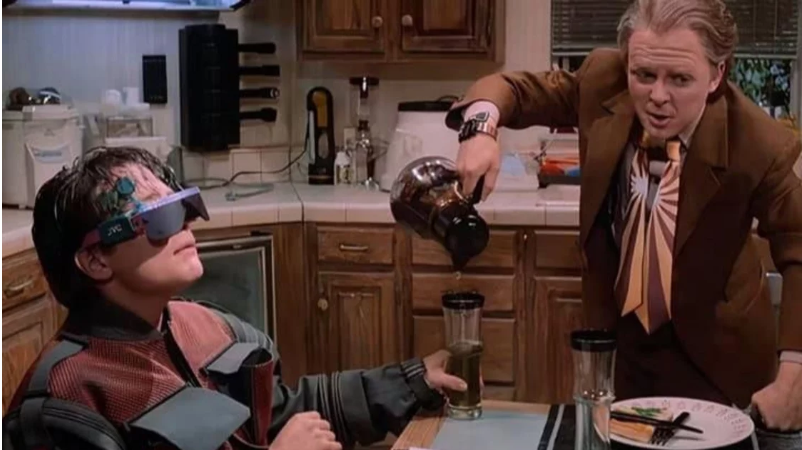
Science was finding, at every minute, tools to solve many of humanity’s physical ills. However, the question that arises is whether all this is not ironing us out from the human point of view.
Gisela Colombo *
When we saw Michael Fox talking face-to-face with the screen of a wristwatch in the eighties that allowed him to interact with a friend, we were convinced that this was science fiction. Period.
Two decades later, that object and that talk were an undeniable reality; as tangible as the bells of a cathedral or the cuckoo of grandparents. But the clock went on in his innovation.
Blessed technological advances! This revolution has improved the life of man in his unbridled career. The processes have been optimized, in all cases.
Science was finding, at every minute, tools to solve many of humanity’s physical ills. To such an extent that a life expectancy of more than a hundred years is already palpitating for the following generations.
And, above all, some activities have become much simpler.
However, the question that arises is whether all this is not ironing us out from the human point of view. In the medium term, we may begin to see the effects that technological omnipresence produces in terms of empathy. Dealing with machines permanently could gradually undermine the tools of body language that were once essential, just to name one of the possible losses.
Digital natives, who practice this way of interacting without annoyance, consider concern as a resistance to change typical of older generations. But, at the same time, we are educating a generation that many sociologists have already identified as “the crystal generation”. That is, a litter of young people under 30 years of age who have an emotional sensitivity as accentuated as it is unprecedented.
At the antipodes of the effects of technology, emotional aspects become, as never before, the essential factor for health, productivity and professional development.
The valuation of different intelligences – including emotional intelligence – has enjoyed social credit for decades. In this state of affairs, then, the positivist eagerness, according to which the most advanced is the most perfect, does not seem to be fulfilled. Rather it smells of regression.
In the field of medicine, the human factor yields striking numbers. Stewart observes the impact that the doctor-patient relationship has on a patient’s healing. For the same reason, and no matter how rigorous we find in technological-scientific responses, no one wants a machine to communicate a diagnosis. However precise it may be.
This emotional need is what acts as a starting point to balance the scientistic tendency that threatens to engulf everything.
Recently, at a Congress held in Chile (Seventh Latin American Congress Digital America. Technology and Business), which brought together the best companies dedicated to digital innovation, the CEO of one of the leaders addresses this same issue by defining it with the formula of “emotional comfort”. Julián Colombo, CEO and founder of N5, the company that was recently chosen by Microsoft as the best platform, refers to similar effects of certain technology on users. Colombo postulates, this time from the financial industry, that emotional needs cannot be satisfied where there is no personal contact. And it reveals a striking fact: even in this area and in a sample of users with greater access to information and with high standards of culture, training and resources, more than 70% want, before making an investment in the medium or long term, human advice, irreplaceable talk that allows face-to-face contact, the reading of body language, the most characteristic expression of the human condition. Even though he recognizes that the company has customers who do not provide attention from human agents, he says: “We have a thesis. The thesis is that humans will continue to play a leading role in technology if they can establish the right relationships of trust.” And that, from the balance between one model and another, the most prosperous formulas will emerge.
Perhaps this reflection, which is, at least in this company, a proven policy, can alleviate the concerns generated by technological changes and promise a healthy and humanistic coexistence to the challenges of the future.

